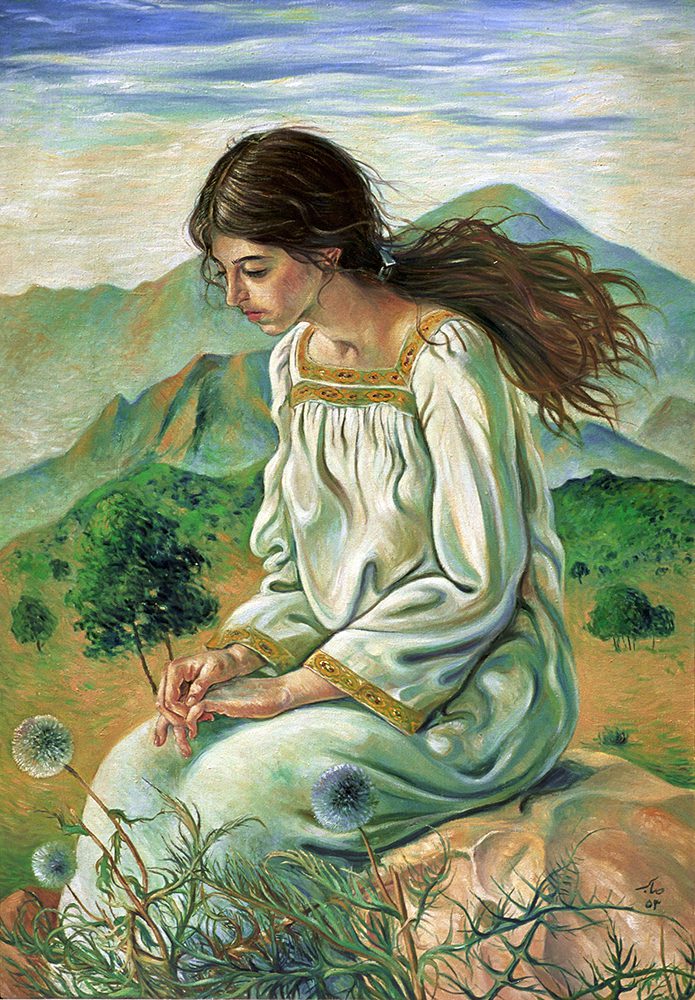I came across a brief reflection by V. H. Belvadi asking if we remember the books we’ve read, and he includes a beautiful quote by Emerson. It’s an interesting question–and an important one. I’m not sure that any of us can remember everything we’ve read, nor should we desire to. Otherwise, we wouldn’t want to re-read the same passages and texts over and over again.
Even so, I have a tendency to track everything that I read in Zotero, adding little notes about what was important. Moreover, I journal as I read–I don’t hold onto everything; I prefer to pull out what Hannah Arendt calls “thought fragments.” These are little pieces that help me make sense of the world. For instance, Nietzsche’s discussion of the cult of Dionysius is one that I’ve found helpful in understanding rock music.
Rather than trying to read as much as we can (as quickly as we can)–something that academics pride themselves on–it is better to slow down and read reflectively. Only by doing so can we unweave threads of meaning that we can use to live better in our own lives. Even works that are fundamentally expository can tell us something profound about our own lives.

